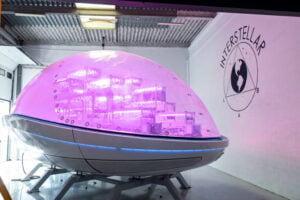摘要
On the evening of December 3, National Cheng Kung University (NCKU) alums from the Phoenix Startup Platform in southern Taiwan gathered at SpaceDrink in Taipei. SpaceDrink, Taiwan’s first bar-themed academic and entrepreneurial space for innovation discussions, has hosted quarterly events since early 2024. The latest meetup welcomed participants from renowned science media outlets and investment firms.
The Visionary Behind SpaceDrink: Connecting Startups and Space
Kevin Tu, Chairman of Cornerstone Education Management Organization (CEMO) in Silicon Valley, is the driving force behind merging startups and space exploration. An NCKU mechanical engineering alumnus, Tu previously represented Globalstar Satellite Systems and found that SpaceDrink’s mission aligns with his vision: to explore business opportunities in space across sectors like communications, healthcare, and lifestyle.
Turion Space: Tackling the Growing Risk of Space Debris
The event opened with a presentation from Rich Minfold, Head of Forward Deployment Operations and Strategy at Turion Space, a California-based startup recently backed by investors. Turion Space’s satellites utilize AI-driven visual recognition to identify and, soon, remove space debris. The company has already secured 18 contracts with the U.S. government.

AiSeed: AI-Enhanced Drones Take on the International Market
Fresh from a European competition, AiSeed showcased its cutting-edge drones. Monica, Co-Founder and COO, emphasized that while the defense remains their primary market, the AI-powered designs cater to diverse needs, from efficiency optimization to operational goals. She highlighted the challenges of international expansion, stressing the need for support in navigating global markets.

Manta Ray Corp.: Breaking Starlink’s Barriers with AI and Proprietary Tech
The spotlight turned to Manta Ray Corp., a low-Earth orbit satellite company from NASA’s deep-space communication research. CEO and CTO Jia Ho-Kai introduced their proprietary satellite routers and AI-driven network management, which redefine satellite communication protocols and attract clients like Starlink. Jia emphasized Taiwan’s exceptional space supply chain capabilities.
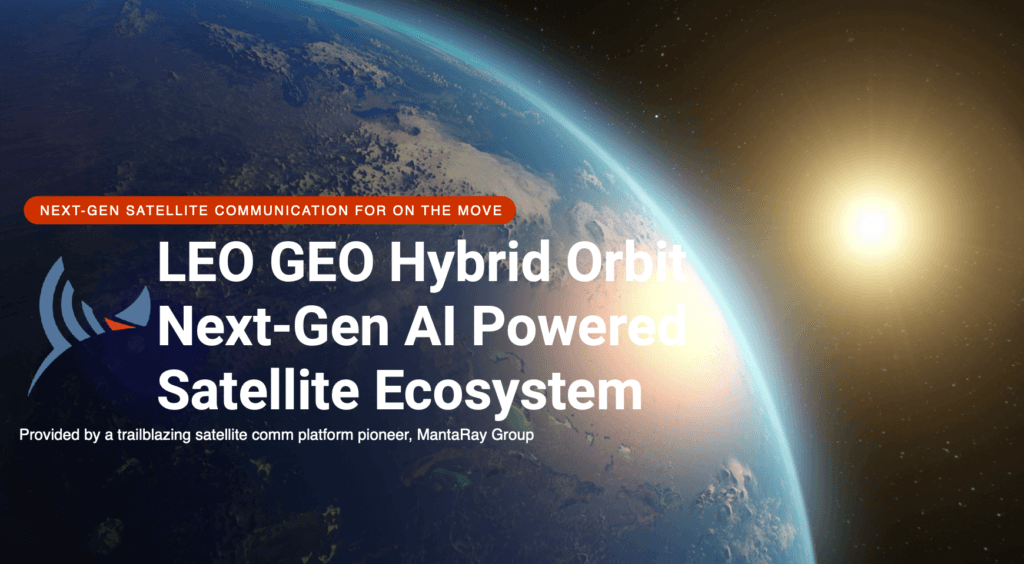
Space Hatchery: Training Space Entrepreneurs for the U.S. Market
Initiated by the U.S.-based company Syndicate 708, the Space Hatchery program is a practical and comprehensive entrepreneurial training initiative. Founded by Ellen Chang, the program leverages her extensive experience in supporting dozens of space startups across diverse domains, including:
- Earth observation and data analytics
- Data-driven space solutions
- Small satellite technologies
- Satellite propulsion, operations, and management
- Space situational awareness and monitoring
- Rocket and launch technologies
Ellen has also collaborated with prominent organizations like NASA, the Defense Innovation Unit (DIU), Hacking for Defense (H4D), and Hack for Space, building a robust network of resources and expertise.
The Space Hatchery program is tailored to equip aspiring space entrepreneurs with the tools and insights to thrive in the U.S. commercial space market. Beginning in February 2025, the program will collaborate with Taiwan’s National Central University—specifically its Department of Space Science and Engineering and College of Management—providing students and faculty an opportunity to engage in cutting-edge space entrepreneurship training.
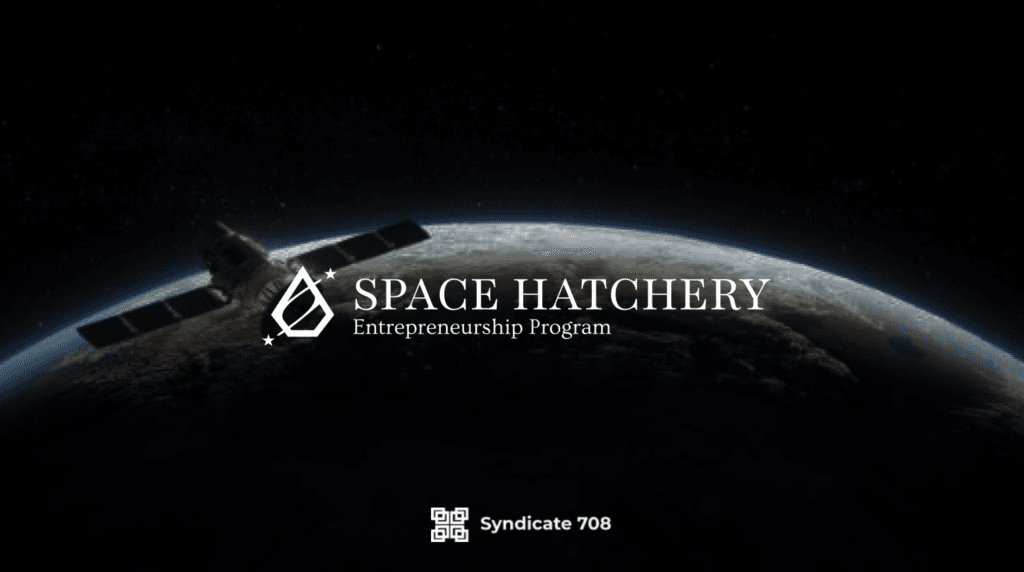
ASU Thunderbird School: Cultivating Space Leadership
Joining SpaceDrink #3 remotely from Hong Kong, David Peng brought a wealth of experience from his senior roles in the financial and capital markets and his work at Acer in the 1990s. His career has fueled a deep interest in exploring new opportunities within the space economy.
David is an alumnus and key member of the Thunderbird School of Global Management’s Space Leadership Program at Arizona State University (ASU), which aims to develop leadership skills tailored to the space industry. He emphasized that Taiwan, with its highly developed precision supply chain, has the potential to become a significant player in the global space market.
David expressed his enthusiasm for visiting Taiwan in the future to engage more deeply with the community and foster collaborations in the burgeoning space economy.
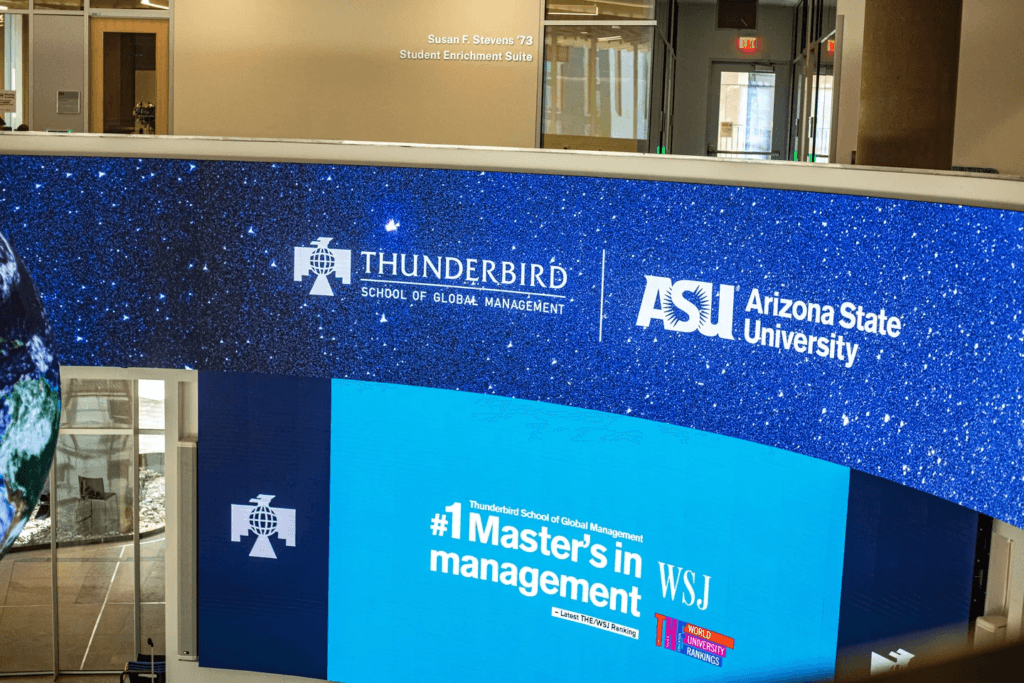
CEMO: Solving Semiconductor Talent Shortages Globally
Du Hsiao-Hsu highlighted CEMO‘s collaboration with Phoenix Christian Preparatory School in Arizona to develop online semiconductor courses. Drawing from pandemic-era teaching experiences, he urged Taiwan to embrace online education to train global semiconductor talent while retaining local experts to strengthen national security.
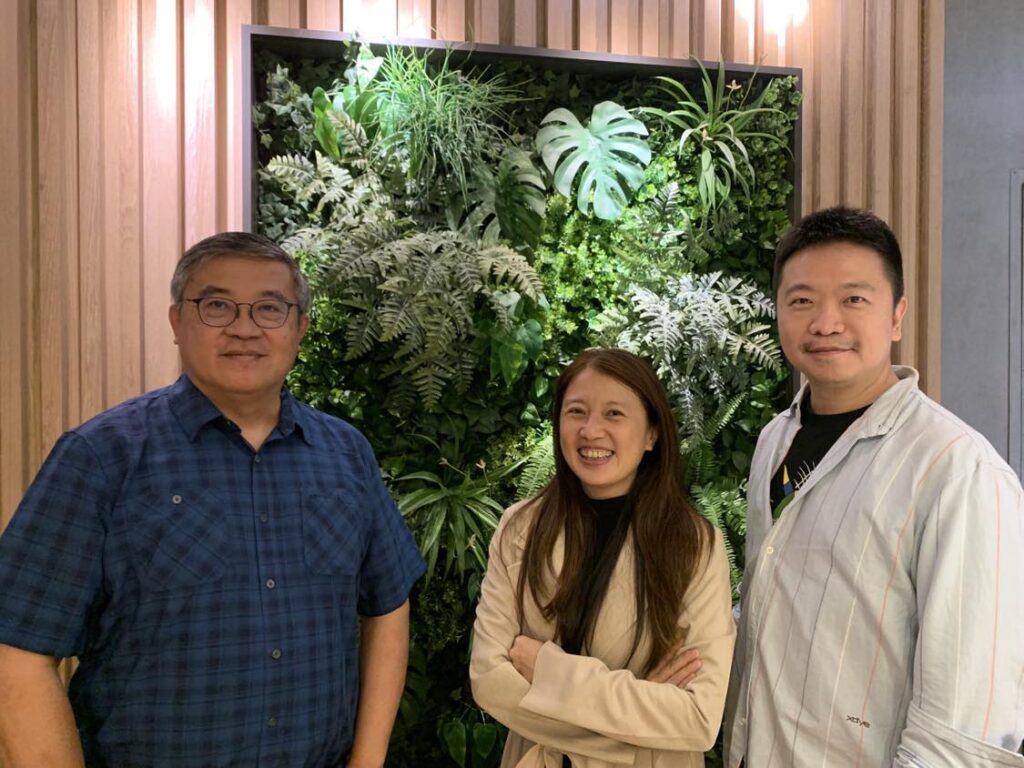
The Origins of SpaceDrink
SpaceDrink founders Kevin, Celine, and Lex shared the story behind the initiative. Born from casual pandemic-era online meetups during the 2021 commercial space race, the trio combined their software, business, and angel investing expertise to create a vibrant space for discussing commercial space ventures. Hosted at The A.G.’s Bar (Adventurer’s Guild), with its massive projection screens, each event features surprise guests from the space industry, blending networking, stunning visuals, and fine drinks.
Stay tuned for SpaceDrink #4, set for 2025!
